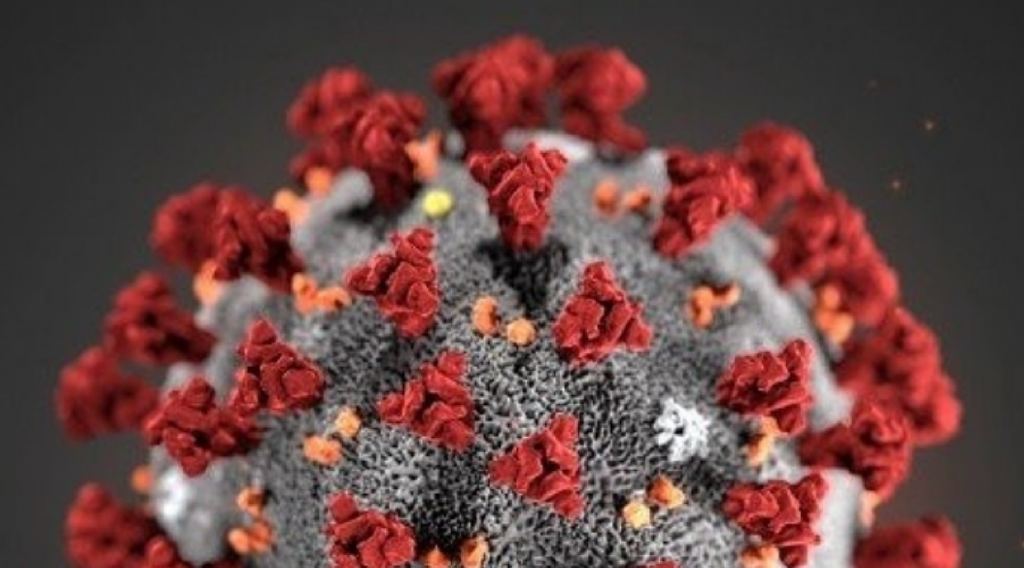
Searching for fact-based information on COVID-19 is challenging at a time when clarity is in short supply and experts are still examining data to draw conclusions about the virus. Naturally, what you will find on the world wide web is both good and bad, potentially dangerous, information. It is now more important than ever to access credible, evidence-based information sources to inform what you can do to stay safe during this critical time. ACE has been providing you with evidence-based arthritis focussed information and education for 20 years, so we’re here for you.
Here are some high level “tips” to help you sort through facts vs fiction on the internet:
- Go to reputable web sites you regularly visit and trust such as:
- Arthritis Consumer Experts www.jointhealth.org
- Public Health Agency of Canada: Coronavirus (COVID-19) https://www.canada.ca/en/public-health/services/diseases/coronavirus-disease-covid-19.html
- World Health Organization: Coronavirus disease (COVID-19) outbreak https://www.who.int/emergencies/diseases/novel-coronavirus-2019
- When you search for a topic, remember that the listing appearing at the top of the first page of your search results will be advertised links so be careful what you “click” on. Scan the rest of your results to find those that are most related to your search and are non-profit links to organizations you recognize.
- Reach out directly to a trusted arthritis information source like ACE or the American College of Rheumatology.
As arthritis patients with a higher risk for health problems associated with COVID-19, all of us must be as informed as possible about COVID-19 prevention and treatment. We are all understandably concerned and scared. Before that fear and concern makes you share information about the virus, take a deep breath and fact check. A dose of caution can stop us from making a bad situation, worse.
To help you navigate through the information currently being discussed on the internet and through social media, here are important facts that debunk some of the current myths around the new coronavirus (COVID-19):
Myth 1: A face mask will protect you from COVID-19.
FACT 1:
Certain models of professional, tight-fitting respirators (such as the N95) can protect health care workers as they care for infected patients. These types of mask are in very short supply, so they should be used by health care workers and other care givers actually providing care for patients with COVID-19.
According to John Hopkins Medicine, for the general public without respiratory illness, wearing lightweight disposable surgical masks is not recommended. Because they don’t fit tightly, they may allow tiny infected droplets to get into the nose, mouth or eyes. Also, people with the virus on their hands who touch their face under a mask might become infected.
People with a respiratory illness can wear these masks to lessen their chance of infecting others. Bear in mind that stocking up on masks makes fewer available for sick patients and health care workers who need them.
Myth #2: The COVID-19 virus only affects older people.
FACT #2:
People of all ages can be infected by COVID-19. Older people, and people with pre-existing medical conditions (such as inflammatory arthritis, asthma, diabetes, heart disease) appear to be more vulnerable to becoming severely ill with the virus. It is very important to note that in some parts of the world, many more young people have become infected, and many do not show symptoms. To think because you’re young you can’t contract COVID-19 is false, and that attitude endangers more people than not, including yourself.
Myth #3: COVID-19 virus can be stopped by warmer weather.
FACT #3
Experts so far don’t know yet. Not enough is known about the new coronavirus to say that it will disappear, or even have its spread reduced in Canada or elsewhere in the world as the temperature increases. From the evidence so far, COVID-19 can be transmitted in all geographic areas, including areas with hot and humid weather.
Myth #4: You can protect yourself from COVID-19 by swallowing or gargling with bleach, taking acetic acid or steroids, or using essential oils, salt water, ethanol or other substances.
FACT #4:
According to the World Health Organization, none of these recommendations protect you from getting COVID-19, and some of these practices may be or are dangerous.
Myth #5: Antibiotics are effective in preventing and treating the COVID-19 virus.
FACT #5:
Antibiotics do not work against viruses, only bacteria. COVID-19 is a virus and, therefore, antibiotics should not be used as a means of prevention or treatment. However, if you are hospitalized for COVID-19, you may receive antibiotics because bacterial co-infection is possible.
Myth #6: Vaccines against pneumonia protect you against the COVID-19 virus.
FACT #6:
Vaccines against pneumonia, such as pneumococcal vaccine and Haemophilus influenza type B (Hib) vaccine, do not provide protection against COVID-19.
The virus is so new and different that it needs its own vaccine. Researchers are working around the clock to develop a vaccine against COVID-19. Even if the research goes well, a vaccine wouldn’t be available for widespread use for 12 to 18 months, according to Dr. Anthony Fauci of the U.S. National Institutes of Health. Kaiser Permanente in Washington State just launched a COVID-19 clinical trial but it will be sometime to know whether it is effective at preventing the virus.
Myth #7: Regularly rinsing your nose with saline can help prevent infection with the COVID-19 virus.
FACT #7:
While this practice has been shown to help relieve symptoms of the common cold, there is no evidence that regularly rinsing the nose with saline has protected people from infection with COVID-19.
Myth #8: Eating garlic can help prevent infection with COVID-19.
FACT #8:
Garlic is a healthy food that may have some antimicrobial properties. However, there is no evidence from the current outbreak that eating garlic has protected people from COVID-19.
What should you do? Please click here for ACE’s recommendations on what you can do to protect yourself from COVID-19 during this critical period of social distancing and self-isolation.
Stay safe everyone.
Arthritis Consumer Experts